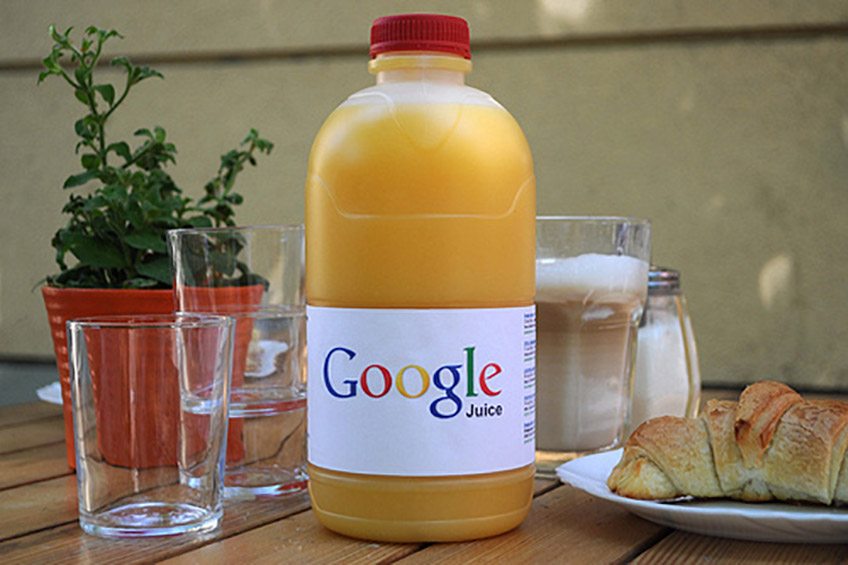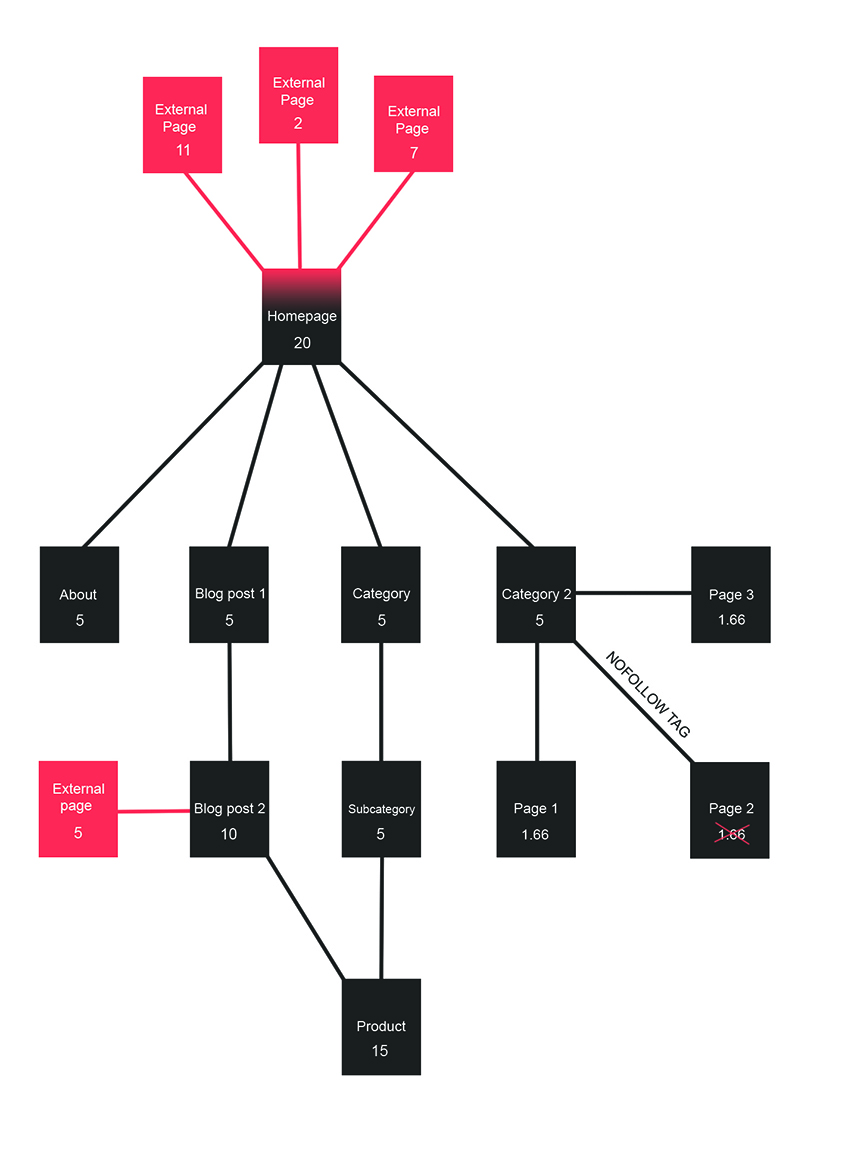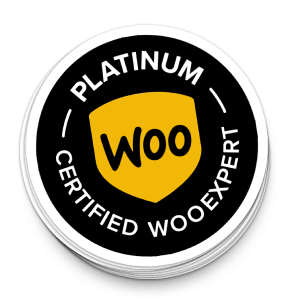Link Juice – How it Flows Through the Web
If you do SEO you know that links are the most important factor Google takes into consideration when ranking websites. The more links you get from authority websites, more you get pushed from Google on search result pages.
Most people think of it like this: If I get more links than my competitors I will outrank them. But this is not exactly accurate. If you own a news blog, getting just one link from a strong, authority site like CNN, is worth more than getting a handful of links from low authority websites. It’s not about quantity anymore, it’s all about quality. Links are just like votes. When you get a link, you get a vote, therefore you get recommended. And certainly it’s not the same if you get recommended from a strong website or a weak one.
PageRank (PR)
In order to determine the page strength, Google started using their own method of rating websites using PageRank algorithm. With one of the many online PR checker tools you can get a good picture on how strong each and every site is. Depending on the links that point to your site (and other known and unknown factors taken by Google), your site gets scored from 0 to 10. If your site is PR3 and you get links from PR sites higher than yours, you get recognized by Google, your page gets PR points and eventually goes up in the rankings. A few years back Google stopped updating PageRank, but in the end not too much has changed. Links are still no. 1 factor considered when ranking websites.
Now that we’ve established the importance of getting links from other sites, it’s time to dig in more. Let’s try to explain how links pass PR between sites. In the SEO world this term is called Link juice passing.

What is Link Juice?
Link Juice is an SEO term that represents how much page PR is passed through the link from one page to another.
This is the whole voting process which we mentioned earlier. How much link juice you will get depends on a PageRank and the number of other links on the page. The same method of link juice flow applies both to external and internal pages.
Here’s the simplest example of the link juice flow:

*roughly only about 85% of link juice is passed from one page to another
In the above example we have three external pages linking to our Homepage, receiving a total of 20 PR points. This PR juice is divided by the total number of links on a page, and by the same rule is passed further to internal pages. As link juice is passing through the web, accumulating 15 PR points, Product page will likely get a boost in Google result pages.
Links attributed with nofollow tag do not transfer link juice. Now, if you came to an idea of attributing one of the links as a nofollow, wanting to channel most of the PR points to your desired pages – stop! This method is called PageRank sculpting and while it worked in the past, nowadays is a big no-no. As you can see in the example, nofollow link holds the rights on its 1.66 PR points, but because it is a nofollow, points don’t get passed to the linking page.
Now that you know how link juice flows through the web, you can work on your website to try and improve internal linking for better results in SERPs.







